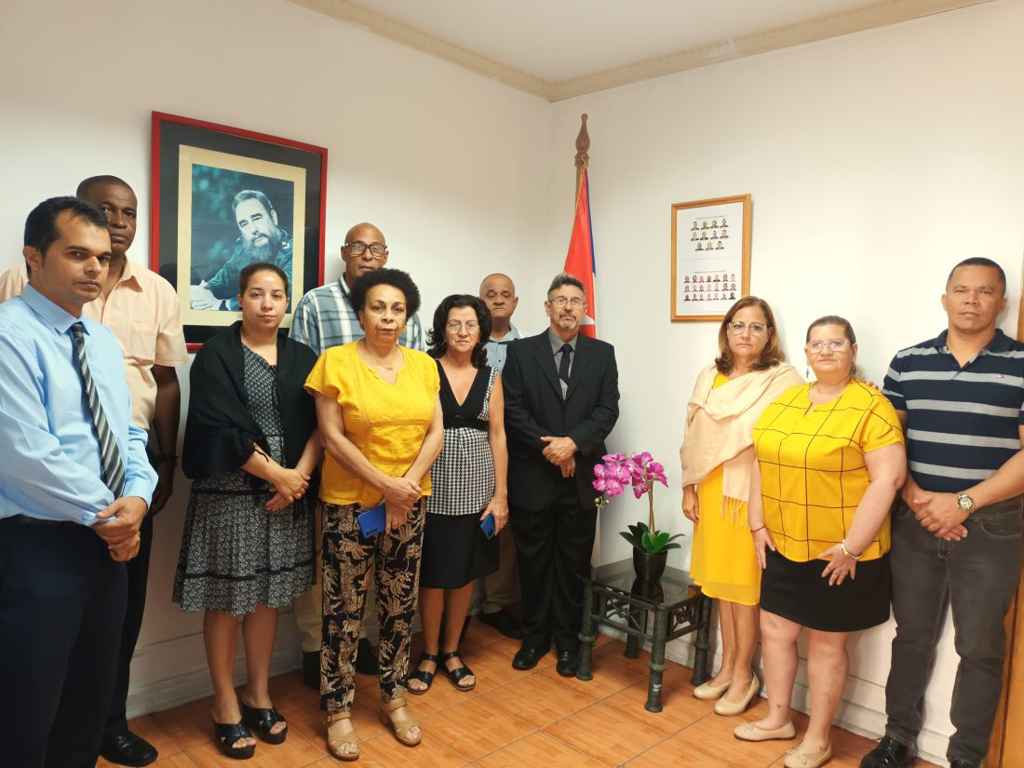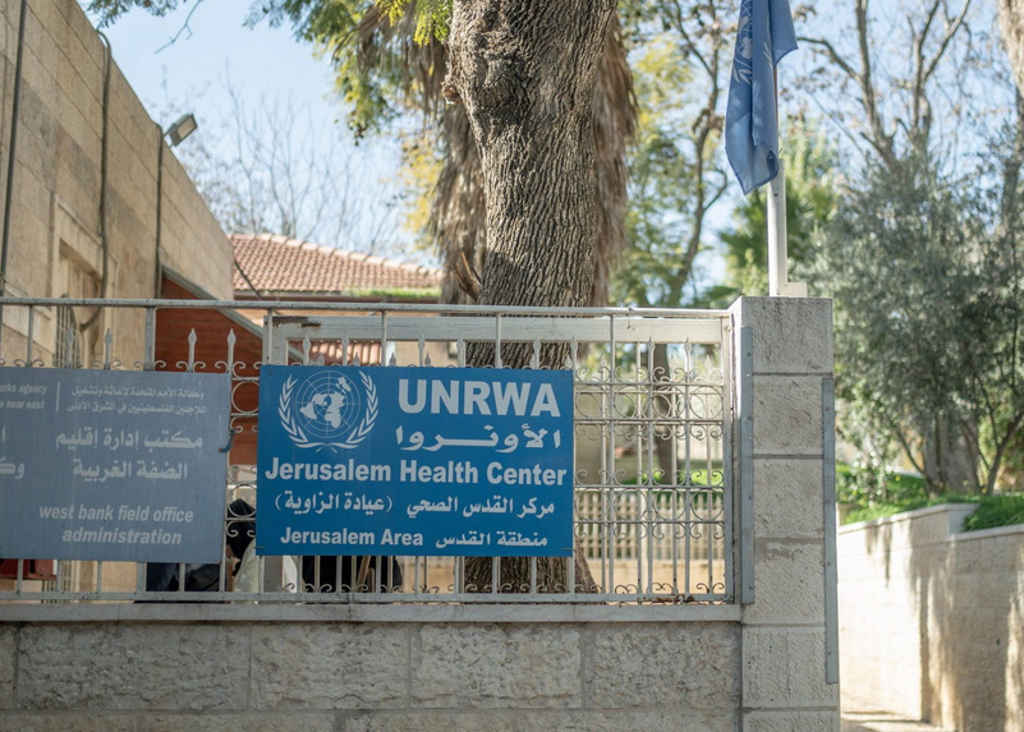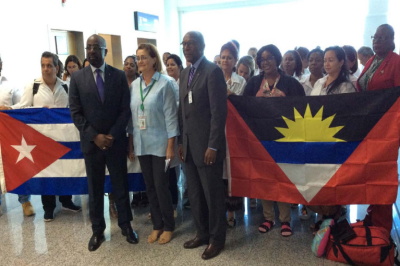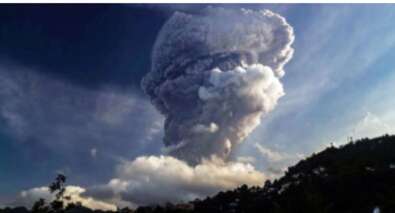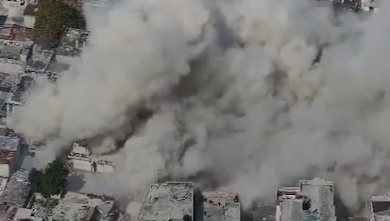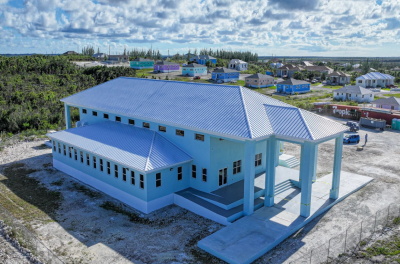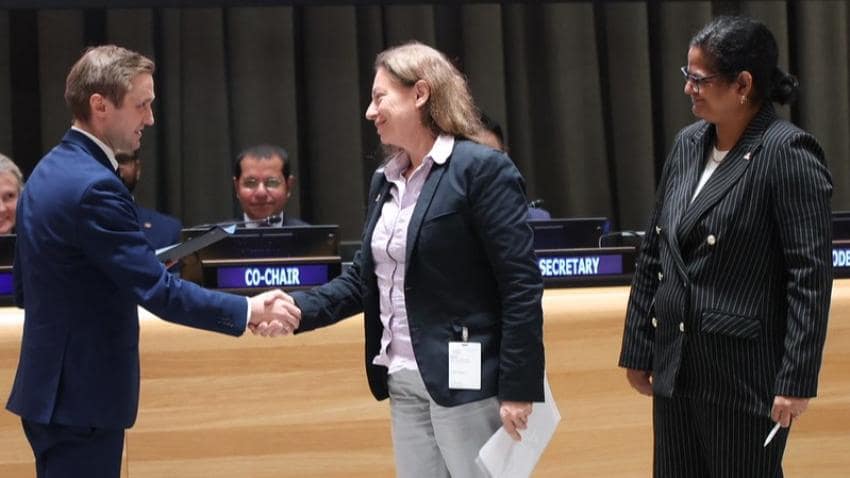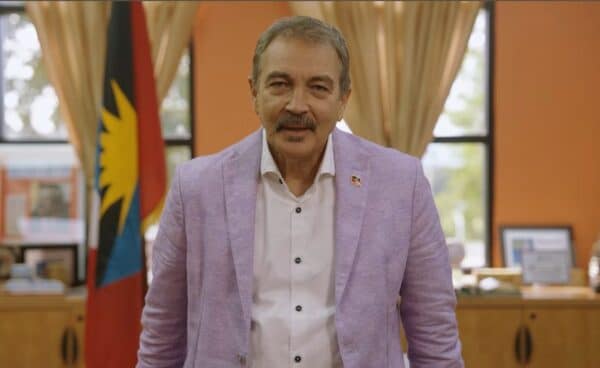The United Nations Headquarters became the epicenter of global collaboration on December 12th as it hosted the 2025 Global Multi-Stakeholder SIDS Partnership Dialogue. This pivotal gathering brought together governments, youth representatives, business leaders, civil society organizations, and UN agencies to address the urgent challenges confronting Small Island Developing States (SIDS).
UN DESA Under-Secretary-General Li Junhua established the critical tone in his opening address, emphasizing that comprehensive societal engagement is imperative rather than optional. “SIDS confront multifaceted and interconnected crises—from climate consequences and economic instability to demographic challenges, biodiversity degradation, and enduring global disparities,” Mr. Li articulated. “These complex issues transcend governmental capabilities alone, necessitating coordinated response strategies, innovative approaches, and collective dedication to achieving measurable outcomes.”
A groundbreaking feature of this year’s Dialogue was the introduction of SIDS Partnership Labs—collaborative workshops designed to pioneer solutions in essential implementation areas. Seven specialized Labs convened alongside the main proceedings, facilitated by governments, UN entities, and stakeholders. These sessions explored diverse critical domains including advanced education systems, scientific innovation, renewable energy transition, sustainable ocean investments, resilient agricultural frameworks, civil society cooperation, and data equity principles.
The event showcased a multi-stakeholder panel examining strategies to enhance partnership innovation, inclusivity, and results-driven approaches to mobilize resources for the Antigua and Barbuda Agenda (ABAS). Subsequently, the 2025 SIDS Partnership Awards ceremony honored exemplary collaborations generating positive impact across sustainable development dimensions:
– Environmental: The EbA-Facility initiative supporting ecosystem restoration throughout Caribbean SIDS
– Economic: The SIDS Pooled Procurement Program enabling African nations to consolidate demand for essential medicines
– Social: The ASTA Joint UN Programme elevating indigenous pineapple farming in Suriname
UN DESA further amplified these efforts by launching the 2025 SIDS Partnership Brief, documenting practical and scalable partnership models supporting ABAS implementation.
The Dialogue demonstrated robust political commitment with statements from the Alliance of Small Island States, European Union, Pacific SIDS, and numerous nations including Australia, China, France, and Caribbean representatives. International organizations including INTERPOL, the International Organisation of Employers, and OECD reinforced the necessity of society-wide engagement in advancing sustainable development for vulnerable island communities.
